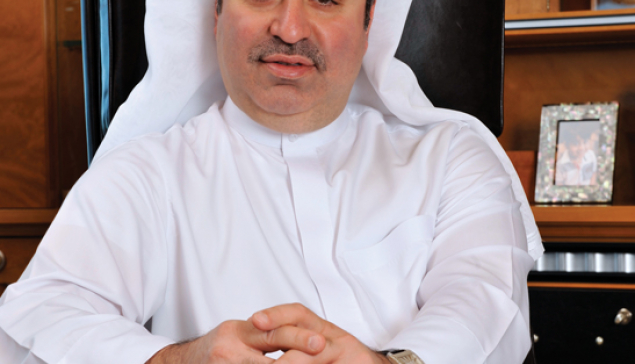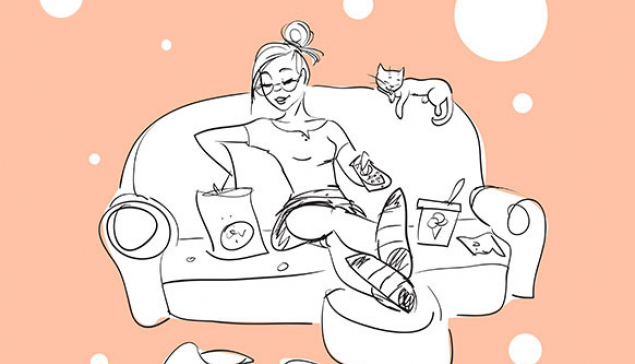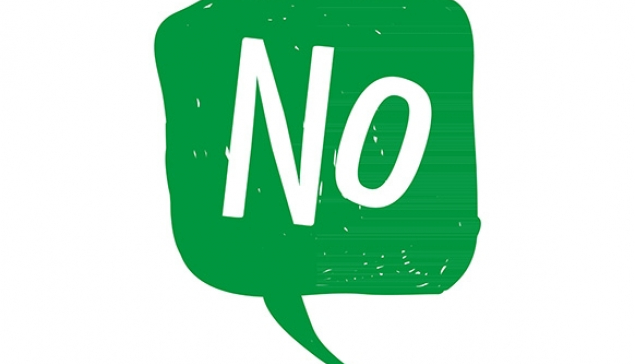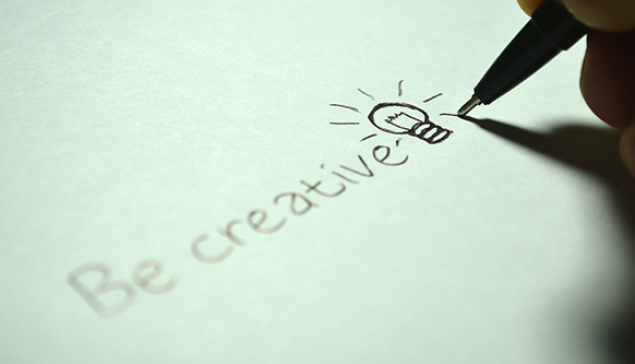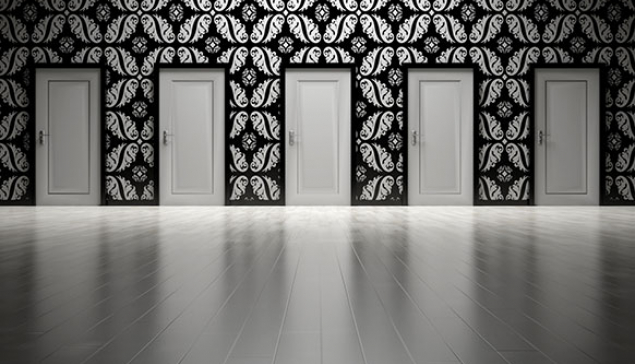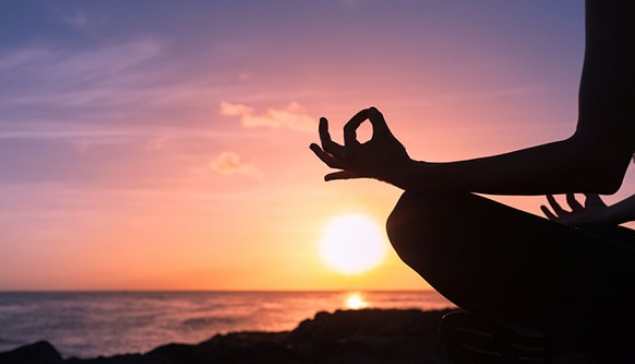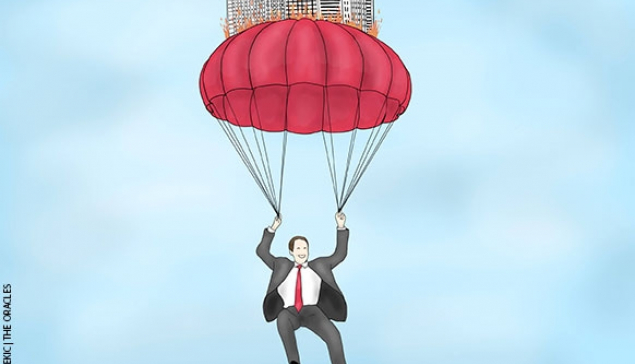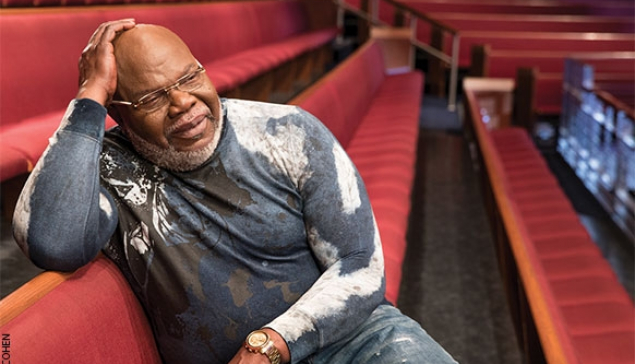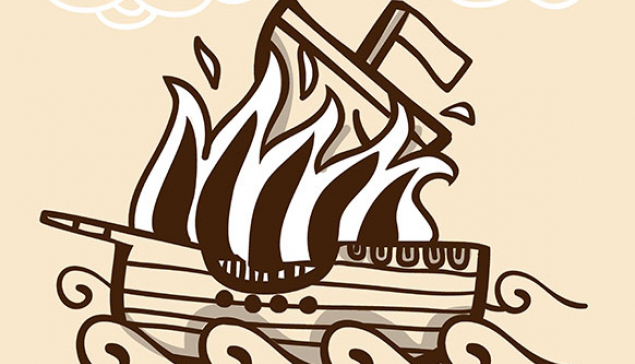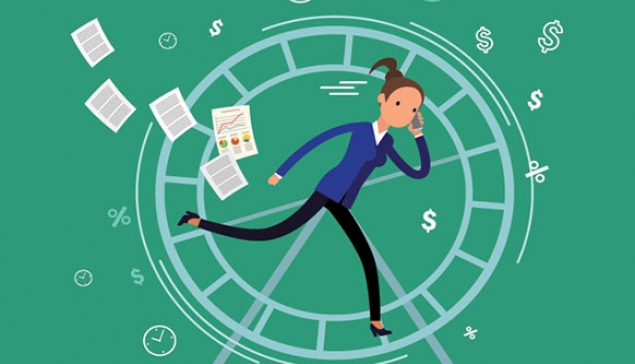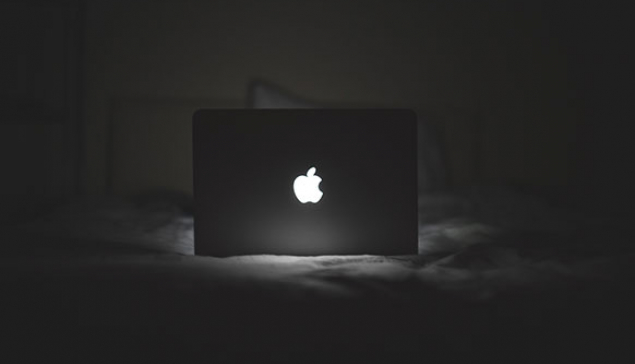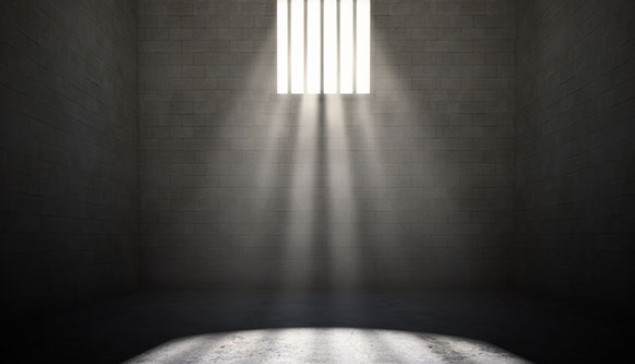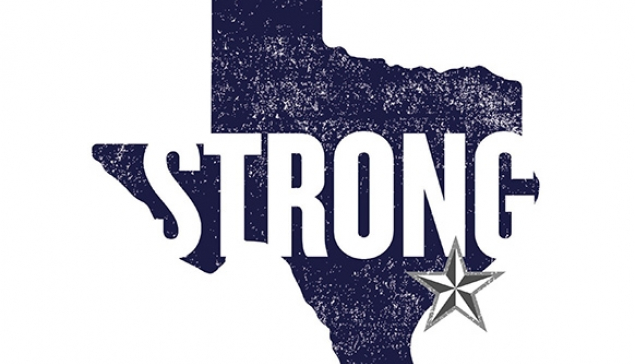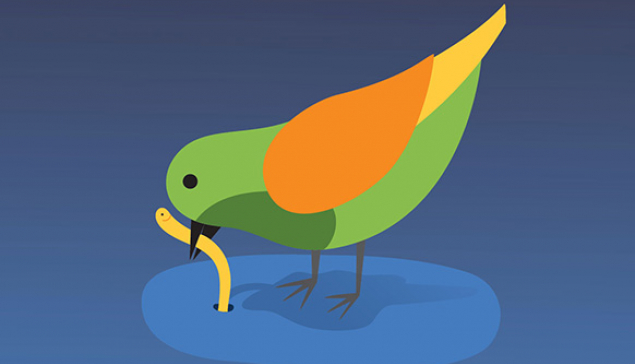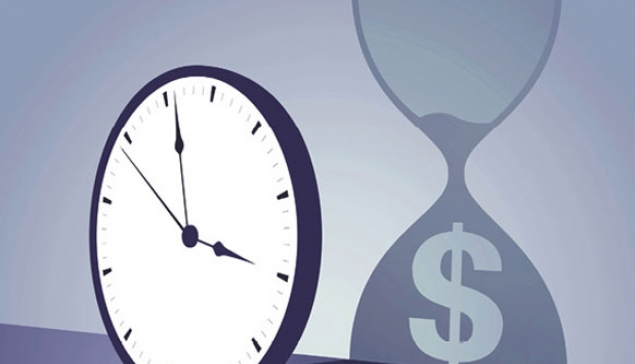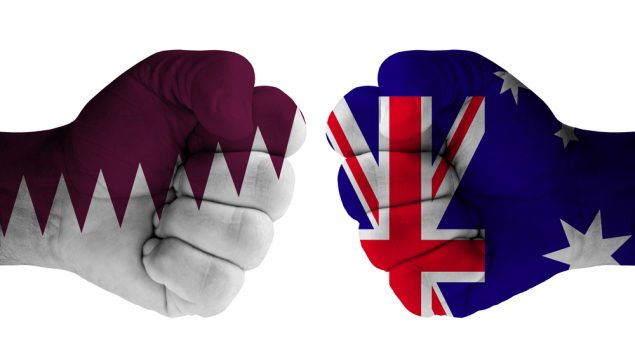- Super User
- Time manag.
- Hits: 5145
How These 5 Successful Leaders Manage Demanding Schedules
Life moves quickly. When things get especially hectic, you need tools and tactics to stay grounded and perform without getting overwhelmed. Here’s how five successful leaders master their incredibly busy schedules.
- Super User
- Time manag.
- Hits: 5364
9 Early-Bird Tips for the Habitually Late
Remember the White Rabbit from Alice's Adventures in Wonderland (“Oh dear! Oh dear! I shall be too late!”)?
- Super User
- Time manag.
- Hits: 5433
13 Daily Habits of Highly Successful People
As humans, we are creatures of habit. Just because many of us have “bad” habits doesn’t mean that habits are inherently bad—not by a long shot. Even the most successful people on the planet have habits; it’s how they use those habits to become giants.
-
Oct 01, 17:30 pm
How These 5 Successful Leaders Manage Demanding Schedules
-
Sep 23, 14:50 pm
9 Early-Bird Tips for the Habitually Late
-
Sep 23, 14:41 pm
13 Daily Habits of Highly Successful People
- Super User
- Time manag.
- Hits: 2407
How to Find Time for Your Passion
Over the past few years, more and more people have been able to make a career out of their passions and hobbies. This shift is propelled by a combination of accessibility through technology and people being brave enough to choose personal happiness over what they feel they are supposed to do.
- Super User
- Time manag.
- Hits: 2143
What Happened When I Woke Up at 4:30 for 30 Days
Tomorrow I’m going to start waking up at 4:30 a.m. every day for a month. The goal is, in theory, to become more disciplined in general and do something I’ve always wanted to do but never had the time—to see if Type A early risers and old-fashioned grandparents have been right all along: that the key to success is simply to get started before most people can bear.
The idea sounded sort of romantic when I first thought about it. Who doesn’t want to check off some life goal? But now I’m worried that, in practice, this will surely screw up my life, and most likely, my wife’s life and my two daughters’ lives.
When I told my wife I was thinking about taking this assignment, she was skeptical of it and the havoc it portended for our household. She seemed poised to ask me to turn it down, which is why I told her in the first place. But I pointed out that I’m a freelance writer, and taking on weird assignments is part of my job. I was hoping for some personal growth, but my choosing to wake up so early would also help pay the bills.
“Let’s get you an alarm clock,” she said.
That melted my skepticism. Which is not to say I’m looking forward to it. The only legitimate reason I can think of to be out of my bed at 4:30 a.m. is that my bed is on fire. But the truth is I’m also a sucker for writing about new experiences. In pursuit of stories, I’ve climbed mountains, jumped out of an airplane, talked my way into the backseat of a P-51 Mustang for a flyover before a NASCAR race and dressed up as Santa (twice). None of those adventures, however, involved choosing to wake up before any sane human otherwise would.
It seems important to point out the extent to which getting up at 4:30 a.m. will change my life. I haven’t had a job that required me to be in the office before 9 a.m. in 17 years. For the past four years, I’ve worked from home, which means I get up whenever I want to, sans alarm clock, usually between 6:30 and 7 a.m. My typical morning routine involves coffee, Bible study and breakfast, and then playing card games with my kids until I go down to my basement office.
My plan on the eve of this grand adventure is to give up none of that but to spend a few hours beforehand doing… well, at the moment I’m not 100 percent sure what. Being miserable is a safe bet. I will also do something, or some things, rather, I’ve never done before. I have two ideas going in. I’ll get to those in a minute. First, I need to set the alarm and get to bed.
DAY 1
It’s 5:19 a.m., and it’s ever so much worse than I thought it would be. I’m always excited to get up and get going on the first day of an assignment, even this one, so waking up wasn’t too bad. In fact, I woke up on my own at 4:14. I ate breakfast, drank coffee and did my Bible study. (I do that about 60 percent of the time. I’m shooting for 100 percent now that I’ll be up so early.)
Now I’m at the gym, along with three other people whose beds were apparently on fire, and the Creed playing over the speakers is too loud by half, by which I also mean it’s awful that Creed is on at all.
I am here to begin work on the physical part of my “do something you’ve always wanted to do.” I’d say I’m in OK—but not good and certainly not great—shape. I love to hike, and every workout I do is geared toward making my next hike easier.
...the quiet is great, the exhaustion is not, there’s no such thing as too much coffee.
Two years ago, I covered an Army team competition that included a 12-mile hike the participants were required to complete in three hours. That’s 12 consecutive 15-minute miles, which is fast. But I wanted to hike alongside them because I thought a scene at, say, Mile 8 of Pfc Johnny-on-the-spot yacking his guts out, wiping vomit from his mouth and then resuming the hike would be awesome. It was approximately 897 degrees out, and that was the second day of grueling physical tasks, so I was reasonably confident vomiting would happen. After a mile or so, though, I had to give up. I couldn’t keep up.
It was the only time I’ve ever had to bail on part of an assignment because I was physically incapable of doing it. I still filed a story, because the hike was one small part of a three-day event, but it has bugged me ever since.
The Army requires soldiers to complete the 12-mile hike in three hours while carrying rucksacks that weigh 35 pounds or more. Frankly, that’s too much. (My wife would not appreciate me getting up miserably early and hurting myself for the same assignment.) My goal is to get in good enough shape to hike 12 miles in three hours while carrying my backpack full of my camping gear—25 pounds, give or take.
That’s why, when I should still be asleep, I’m suffering through this terribly loud Creed song.
DAY 2
Simply doing a fast hike would not make getting up early every day for a month worth it. I also set a professional goal, which I break down like this:
Step 1. Decide if I want to write a book.
Step 2. If I decide I do want to write a book, decide what it would be about.
Step 3. If I decide what the book would be about, start writing a proposal for it.
I’ve thought about writing a book a lot over the years, especially since I moved from the frenzied fact-gathering of the daily newspaper world into the nuanced storytelling of magazine writing. The excuse I always use for why I haven’t written one is that I don’t have the time. I’ve got a full-time job already, and writing books is a separate full-time job. Which means Step 1 is not a given. And time isn’t the only reason.
Money is a factor, too. To write a book, I first have to write a book proposal, which could take months, with no guarantee it will sell. I am the sole breadwinner in my family, and I can’t afford to work on something that might not yield a paycheck.
One other thing. My excuses—I don’t have time! I can’t afford it!—are not the whole truth. I’m also afraid to write a book. I’m afraid I’m not good enough. I’m afraid I won’t find a publisher who wants to buy my book, and that even if I did, that publisher won’t find anybody who wants to read it. I’m afraid I don’t have the attention span necessary to spend that much time on one project. I’m afraid I’ll turn in the manuscript to some editor in New York, and his derisive laugh at my incompetence will be so loud I’ll hear it over the Creed at the gym.
DAY 6
Other things I’m afraid of: running out of magazine story ideas and the magazine industry going kerflooey. Having books to fall back on or replace magazine work would be nice.
I realize in these early morning brainstorming sessions that I have been thinking about this as a binary decision—books or magazines. But it doesn’t have to be that way. I can write half and half. Yes, the proposal dilemma remains. But so does the daunting prospect of writing one magazine story at a time for the rest of my life. I decide I want to try to write a book.
The next step is to decide what that book will be about. Just thinking about it stresses me out. I’ve long assumed, almost subconsciously, that if I wrote a book, it would be a sports biography or sports history. I wrote for a national sports magazine for 13 years; if I’m known for anything in this business, it’s sports features. But I’ve always considered myself subject-agnostic—I’d be just as happy writing about chefs and artists and musicians.
I spend hours looking for ideas. I half-talk myself into writing a book about the Disco Demolition, the infamous Chicago White Sox promotional stunt in 1979 in which disco records were blown up in between games of a doubleheader, and it was such a fiasco that the second game was canceled. I go so far as to check whether anybody else has done a book on it (no), and whether the key players involved are still alive (yes), and if I could find them, whether they’d talk to me (maybe). (It isn’t until this piece is fact-checked that I learned there has been a book about it, which only proves my point about the perils of creating book proposals. If I had found that book, I would have saved myself hours.)
Before I take any formal steps, I come to a conclusion so crystal clear that it’s almost audible: I don’t want to write a sports book. So I’m not going to. I didn’t realize that was a weight on my shoulders until I removed it. I feel like the owner of a bad restaurant who suddenly realizes he can eat wherever he wants. All of these ideas hit me, one after the other as I sit at my dining room table. (In the first few days, I realized that if I sat on the couch, I’d probably fall asleep, so I have been sitting in uncomfortable chairs.)
A few days in and I’m slowly acclimating to my new schedule. The getting up part remains surprisingly easy. The exercise has been invigorating. Midday hits me like a Mack truck plowing into a water barrel, but I hope I’ll adjust to that. My wife hasn’t uttered a peep, but I know in the way married couples know without having to talk about it that the fact I’m not helping with the dishes because I’m asleep will get old soon.
At 4:30 a.m., I cautiously unshackle myself from the pressure to produce. I find myself exploring ideas, turning them over, examining them from every angle.
DAY 8
I’ve avoided surfing online during this free time because next thing you know: cat videos. But I want to research “how to write a book”—in case I ever actually, you know, pick a topic—and I land on Twitter scrolling through #5amwritersclub tweets. I email a bunch of writers who have used that hashtag to ask whether their experiences getting up before the birds line up with mine: the quiet is great, the exhaustion is not, there’s no such thing as too much coffee.
They do.
One key, I glean from them, is the importance of routine, and I’ve settled into mine: Every other day I hit the gym and then spend an hour on the book project. On the non-gym days, I work solely on the book project in the morning. And by working on, I still mean thinking about. I’m no closer to making up my mind. I had no idea—no idea in the world—how much I would enjoy a project in which, so far, I have accomplished essentially nothing. I don’t want to decide what to write about because I’m enjoying trying to decide. The free time in the morning has given me a sense of freedom.
As an independent writer, I’ve been a small-business owner for four years, and the pressure to always be working toward making something is suffocating. One of my business mentors preaches to me constantly about the importance of working on the business and not just in it. I hear his words and understand them and almost never apply them.
The pressure to be productive colors every decision I make. It is, by far, the worst part about owning my own business. As true as that is, so is this: The pressure is inseparable from my success.
From www.success.com.
- Super User
- Time manag.
- Hits: 2087
4 Tips to Set Yourself Up for a Better Tomorrow Today
Don’t stop, thinking about tomorrow,
- Super User
- Time manag.
- Hits: 2364
Time Is Your Most Valuable Resource—Don’t Waste It
We live in a remarkable time. We have an infinite wealth of information, connections and resources at our fingertips, thanks to the internet and smartphones.
- Super User
- Time manag.
- Hits: 2179
5 Steps to (Finally) Stop Procrastinating
Procrastinating is the most common reason people never reach their goals. Are you guilty of procrastination?

















